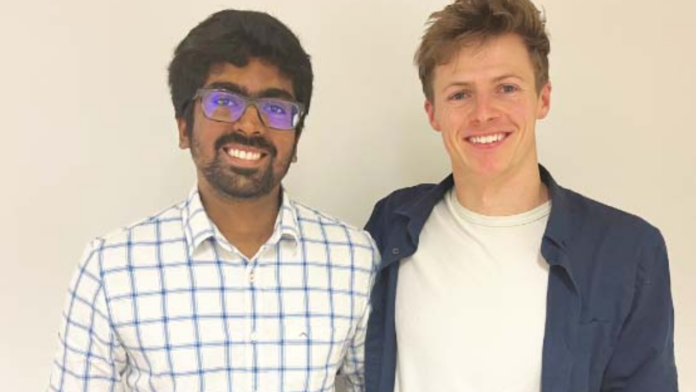University of Melbourne PhD researchers, Will Bodewes and Nisal Ranasinghe, are set to join the world’s largest start-up accelerator program in Silicon Valley to develop their innovative artificial intelligence (AI) phone receptionist, capable of handling up to one million calls simultaneously.
Their AI start-up, Phonely, has secured a substantial US$500,000 (AUD$749,720) investment from the prestigious Silicon Valley startup accelerator, Y Combinator, according to the University of Melbourne Alumni News.
Bodewes and Ranasinghe, from Professor Saman Halgamuge’s AI group at the Faculty of Engineering and Information Technology, started Phonely nine months ago to address a significant market need for lifelike phone support. The idea was sparked by Bodewes’ father’s difficulty in hiring staff for his veterinary clinic, resulting in missed calls and revenue.
“Phonely solves a real-world problem using advanced AI,” Bodewes explained. “With Nisal’s expertise, we’ve developed technology that ensures accurate responses to every phone call.”
Ranasinghe added, “Training large language models to prevent errors and integrate with scheduling software was challenging, but necessary for real-time performance.”
Phonely uses sophisticated speech-to-text and text-to-speech technologies to provide immediate support, reducing wait times for callers. The startup, now offering a free trial on its website, aims to help small businesses optimise their resources.
Y Combinator will provide Phonely with crucial financial backing, mentorship, and networking opportunities. Bodewes and Ranasinghe look forward to learning from industry leaders and showcasing Phonely to potential clients.
“We’re eager to connect with mentors and clients in Silicon Valley,” Ranasinghe said. “This will help us refine our product with expert feedback.”
Addressing concerns about AI’s impact on jobs, Bodewes emphasized that Phonely aims to enhance efficiency, allowing staff to take on more fulfilling roles rather than eliminating jobs. “We want Phonely to be a positive force, creating opportunities for better work,” he said.
Ranasinghe added, “AI should support human productivity, not replace it. Our program helps businesses create customised AI agents for individualised customer support.”
Balancing their PhDs and Phonely has been challenging, but support from their supervisor, Professor Halgamuge, has been invaluable. “His encouragement has allowed us to manage both academic and entrepreneurial demands,” Ranasinghe said.
Bodewes and Ranasinghe are excited about the future. “Taking this leap of faith has shown us that committing to your vision can lead to incredible achievements. Just go for it—you might surprise yourself,” Bodewes said.
Phonely’s success not only aims to revolutionise customer service but also exemplifies the potential when academic research meets entrepreneurial drive.


